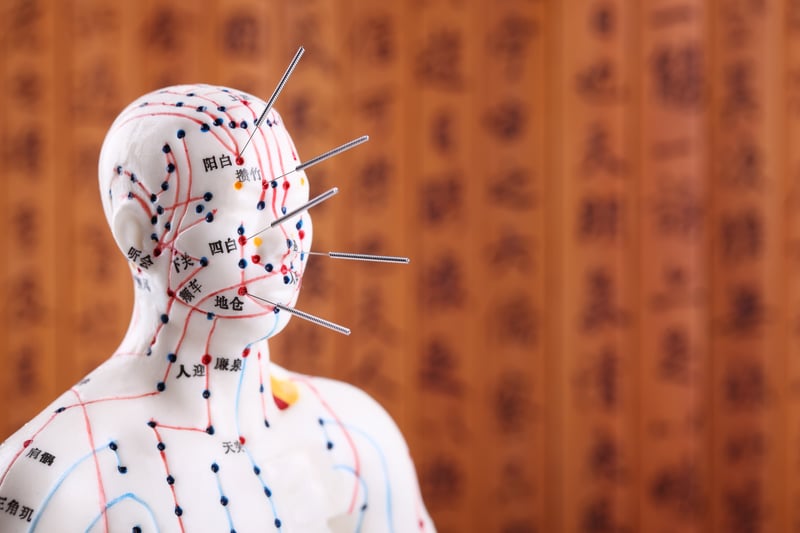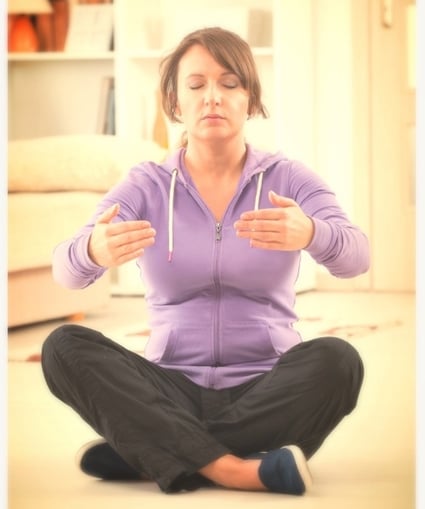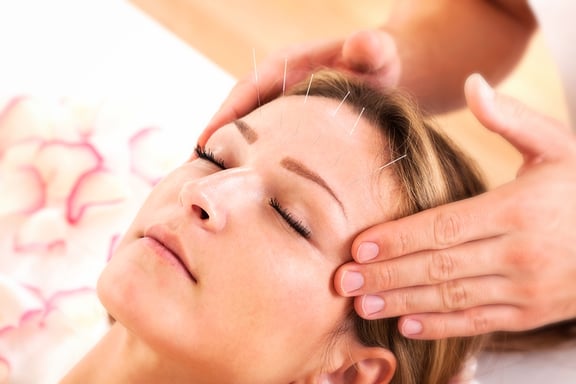
Choosing to attend acupuncture school may seem like an unconventional choice, but for the students who choose this path, that’s okay. Completing a master’s degree in Acupuncture and Chinese medicine can lead to a rewarding career – one where your personal values are aligned with your professional ambitions.
A Career That Matches Your Values
Many of the students who attend AOMA cite a desire to change the way health care is practiced in the U.S. as a motivating factor behind their decision to study Chinese medicine. For some, it’s Chinese medicine’s inherently integrative approach – viewing the impacts of physiological, mental, emotional, and environmental factors, as equally important elements in human health – that makes it so different from other systems of care. With this in mind, it’s no wonder that many acupuncturists seek out opportunities for professional integration and collaboration with other medical practitioners. For others, the practice of Chinese medicine provides an opportunity to address the health care needs of underserved patient communities and to expand access to genuinely patient-centered care.
Transforming your Life
One of the key themes expressed by students graduating from AOMA is just how truly transformational their experience in the graduate program was. Put quite simply, by the time you graduate from acupuncture school, you won’t be the person you were when you started. You’ll be someone different – a healer.
The decision to become a health care provider isn’t one that is made lightly. It’s often the result of much soul-searching, of listening to that persistent voice whispering of your desire to help others, of a vocation. No matter where you start from – whether it’s a corporate boardroom or undergraduate classroom – when you finish your studies at AOMA, you’ll be a competent, skilled health care professional ready to step out in the world and make a real difference in peoples’ lives. Getting there takes a lot of hard work and personal dedication, but it is this very work and the overcoming of challenges that fosters personal growth.
You’re an Explorer at Heart
Despite its history spanning over two millennia, the prevalence of acupuncture and Chinese medicine in contemporary health care is often considered a relatively “new” phenomenon within western medical communities. While organizations like the World Health Organization recognize the efficacy of acupuncture for the treatment of dozens of conditions, research into the mechanisms behind why and how acupuncture works is still relatively new within the scientific community. For curious students who always find themselves asking “why”, the field of acupuncture and Chinese medicine provides many avenues to explore uncharted territory and to enhance our understanding of human health and the human body.
You Want to Pay it Forward
Spend even a few minutes in AOMA’s student lounge on the first day of classes, and you’ll most likely overhear a new student talking about the impact acupuncture or Chinese medicine had on their own life. Graduate students often start out as patients – maybe acupuncture was the only form of treatment that provided relief from chronic pain, or maybe qigong helped restore balance to an unsustainable lifestyle, or perhaps acupuncture and herbal medicine even aided in the conception of a first child. Whatever the experience, many students often start out by experiencing the power of this medicine first hand before deciding they want to play a role in ensuring that others can find the same relief and benefit.
Your Social Network will get Bigger
One of the most interesting things about describing a “typical acupuncture student” is how hard it is to do. Students of Chinese medicine come from all walks of life – they’re former nurses, massage therapists, computer programmers, teachers, military veterans, biologists, social workers, yogis, writers, doctors, lawyers, corporate executives, and so much more. Despite these differences, there is a common theme – the desire to help others. Studying Chinese medicine introduces you to not only a new system of medicine – but also a new network of people with whom you can connect and relate to. After a few terms studying acupuncture and Chinese medicine, you might discover yourself feeling at ease amongst a whole new set of peers.
Can you think of another reason you’d like to study Chinese medicine? If so, feel free to leave a comment. To learn more about studying at AOMA, visit: https://aoma.edu/admissions.






